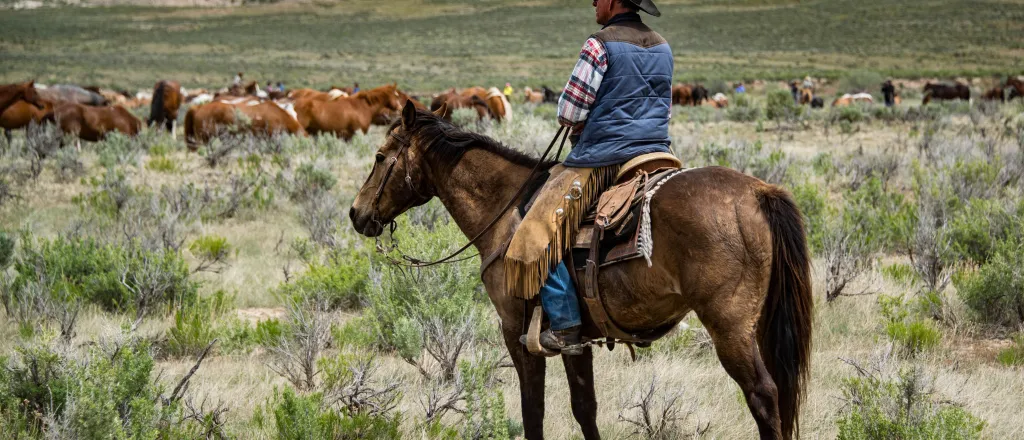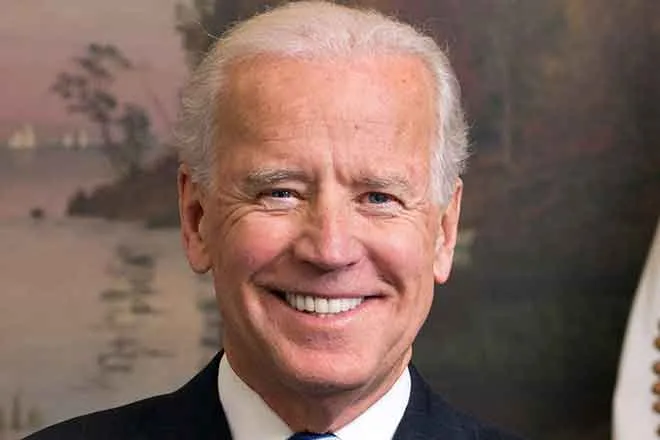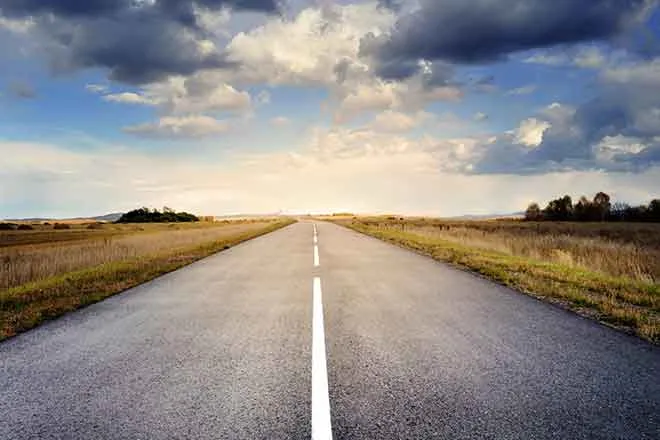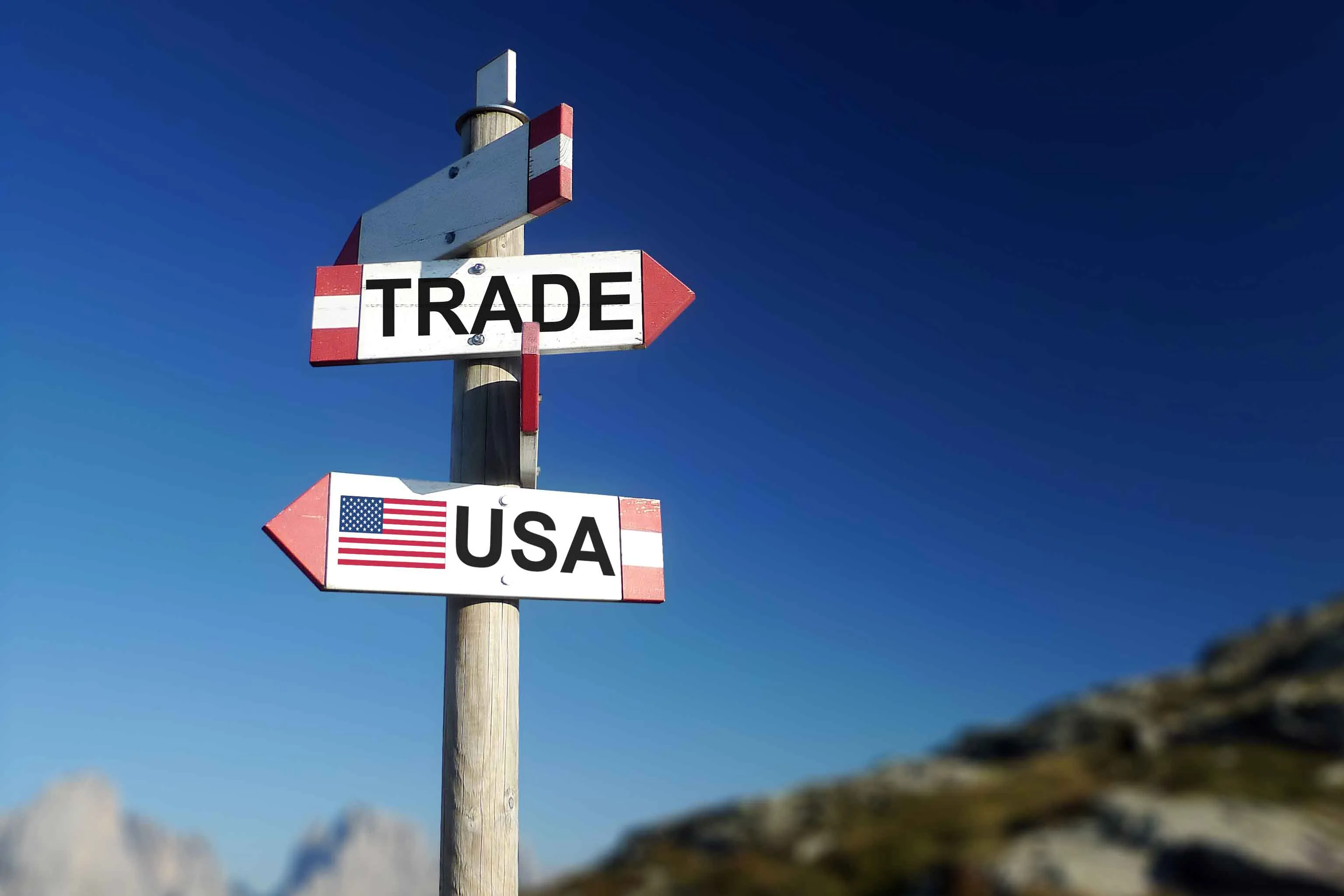
North Dakota ranchers to see relief for last year's feed transportation costs
(The Center Square) – Financial relief is coming to North Dakota farmers who were affected by last year's feed transportation costs.
Ranchers had to travel further distances to buy feed when grazing land was in short supply because of last year's drought. In response, the North Dakota Department of Agriculture is offering an emergency funding program to cover the costs of that transportation.
The Emergency Feed Transportation Program will disburse aid to eligible producers for a portion of their feed or livestock transportation expenses incurred between April 8, 2021, and December 31, 2021. Nearly 350 producers have applied for the $2.5 million program, which was approved last August.
“We opened the program last November after the drought drastically reduced forage production,” Agriculture Commissioner Doug Goehring said in a news release. “Many producers had to purchase and transport supplemental feed, co-products or silage, or move breeding livestock to a feed source.”
The relief came just in time as farmers are experiencing unexpected expenses, according to Emmery Mehlhoff, the North Dakota Farm Bureau public policy liaison.
"The high cost of feed and fuel has been compounded by last year's drought and feed, and fuel prices are making it expensive to get livestock and grain to market," Mehlhoff told The Center Square. "Thankfully, we are experiencing warmer days and producers are hopeful that spring is right around the corner, which will take some of the pressure off feed supplies. There is concern about the cost of feed for the upcoming year."
Mehlhoff said funding may offer some short-term relief, but it often is just a Band-Aid to a root problem.
"Until the United States seriously invests in our abundant supply of natural gas and deregulates energy and agriculture, we will likely not see long-term change," Mehlhoff said. "Fertilizer is made with, among other things, natural gas, which we have an abundance of but regulation in the U.S. limits the production of fertilizer which has made us dependent on foreign inputs."

















